International Mother Earth Day 2017
Saving the Planet is Everyone’s Job – Mother Earth Day
At SHEilds we are commonly known as a global Health and Safety training provider. However, there’s a good reason why we emphasise the ‘E’ in our name.
The importance placed upon our Environmental Qualifications – as the initial denotes – follows the importance industries are increasingly placing upon environmentally conscious practice.
On the one hand, the quality of our direct working environment can have an impact upon Health and Safety; a messy workplace might affect morale and productivity, while extreme neglect such as poor hygiene and waste disposal could spark serious illness or other unnecessary hazards. The three main pillars of Safety, Health and Environmental practice are already closely interlinked.
Then there’s the bigger picture. Such a big picture in fact, many of us lose sight of its importance on a day-to-day basis.
Every workplace will have at least some processes which create waste or pollution, usually negligible on a personal scale but devastating collectively. Failure to take responsible action for these processes could be as simple as putting rubbish in the wrong bin, to serious hazards such as failure to contain harmful chemicals. Regardless it all accumulates.
Environmental concerns could be thought of as a long-term form of Health and Safety, and if Earth is our collective workplace then saving the planet is everyone’s job.
Where do we begin?
When you start throwing about big ideas like “saving the planet” the responses can often land somewhere between cynicism and bewilderment; common issues being “where do we begin?” and “what can I do?”.
The United Nation’s webpage on International Mother Earth Day 2017 (April 22nd) states that “Education is the foundation for progress” a goal reflected in the day’s theme this year of environmental and climate literacy.
Through widespread awareness and understanding of the impact our actions have upon the planet, the hope is that motivation to act will grow exponentially. On the small scale this may be overshadowed by large scale actions and legislation in the field, but if we are each inspired to make a difference the domino effect could be world changing, even world saving in the long-term.
This Earth Day a huge amount of activities are taking place; you can become involved to discover more about environmental risks and how they might be mitigated or removed altogether. Resources and campaigns for various related issues will also be available which you can read and share through your own networks to boost awareness. You can find and support many of them at www.earthday.org/campaigns.
Small changes you can commit to
Even if you’re not directly involved with any specific movement, there are lots of small changes you can commit to for the planet’s greater good. To name just a few examples:
- Stop buying disposable plastic products – It’s estimated that 300,000,000 tonnes of plastic are manufactured annually for disposable commodities such as bottles, bags and packaging. With only 1/10th of this going on to be recycled this accounts for a huge amount of our landfill waste and consequent environmental damage. To counter this try making reuse part of your shopping routine, find a sturdy bag to carry your goods and make a point of taking it with you everywhere. The same goes for bottles, instead of purchasing bottled drinks try refilling an appropriate flask instead.
- Reduce air pollution by adjusting your travel habits – Road transport is responsible for 22% of the overall Carbon Dioxide (CO2) pollution in the UK alone. Additionally, pollutants such as nitrogen oxides, carbon monoxides and hydrocarbons present an even more direct risk to people, wildlife and surrounding vegetation. Telling people to completely abandon use of their cars is a tall, likely unfeasible order thanks to commute demands, however, even a slight change from each of us can count. Consider if all your car journeys are necessary, could you replace a weekend drive with a walk? Are there any journeys you could use a bicycle for?
- Cut down on meat – A less obvious source of pollution due to its indirect link, but a major contributor all the same. Roughly 20% of global greenhouse gas emissions occur as result of our meat industries thanks to methane produced by excessive livestock numbers and processing by-products. Try taking meat out of your diet on a given weekday e.g. ‘Meat Free Monday’ – and see if you can encourage others to do the same.
- Recycle and keep recycling – The importance of recycling may have been continuously emphasised in the last few decades, but it’s an importance which hasn’t diminished; it continues to help preserve resources and reduces landfill waste by diverting it into renewable materials. For the sake of convenience many of us would rather put recyclables in the nearest bin, however this is convenience at the cost of the environment. Recycling facilities and collections are usually available nearby in urban locations and the extra effort will ultimately make a difference.
Being environmentally conscious is good for business
All the latter should underline the need to treat environmental policy seriously, and to the credit of most workplaces many do!
Being environmentally conscious is good for business and companies know this. Demand for trained professionals with relevant expertise in the area is continuously rising, with lucrative career options opened by recognised qualifications.
If you’re looking to establish foundations for an environmentally focused career a NEBOSH Environmental Certificate is a great place to start. Meanwhile, if you’re already qualified to certificate level then an Environmental Diploma course could help you to develop knowledge to support a higher-level HSE career.
Whether you choose to pursue environmental care as a professional career or just want to do your bit let’s all take a moment to learn something new this weekend and help save the earth!
Owen Roach
Sources:
- https://www.un.org/en/events/motherearthday/
- https://www.earthday.org/stop-using-disposable-plastic/
- https://www.environmental-protection.org.uk/policy-areas/air-quality/air-pollution-and-transport/car-pollution/
- https://www.earthday.org/limit-meat-consumption/


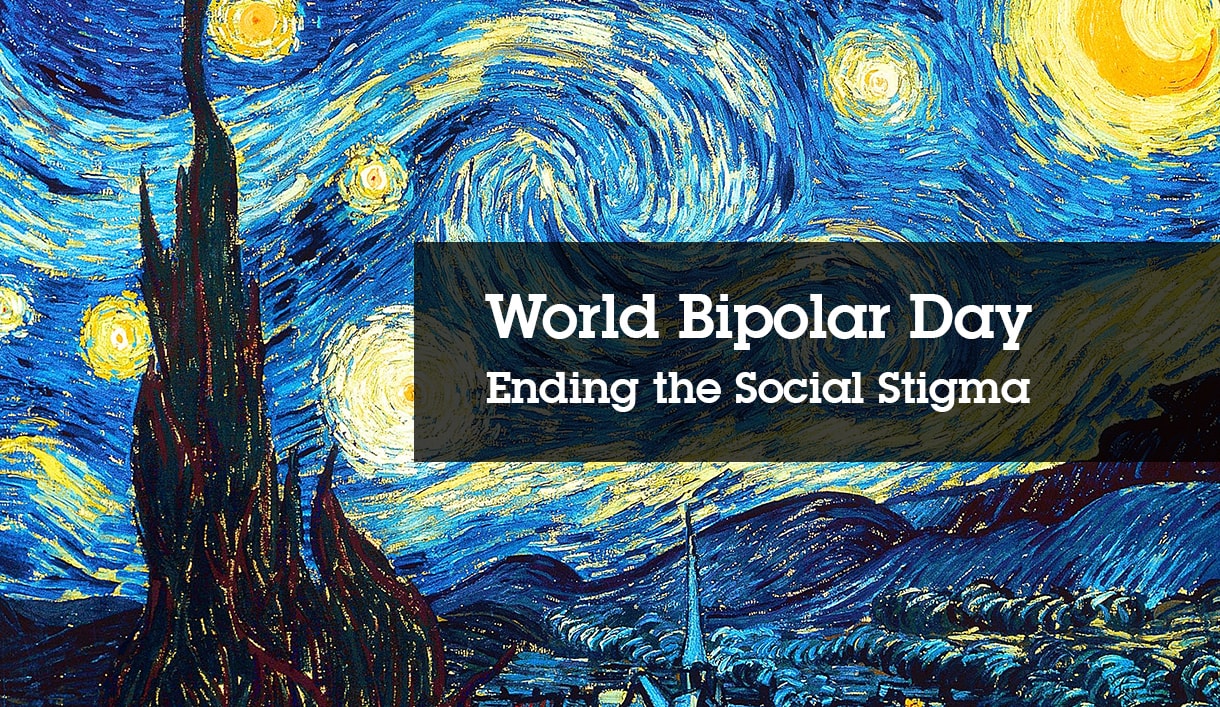
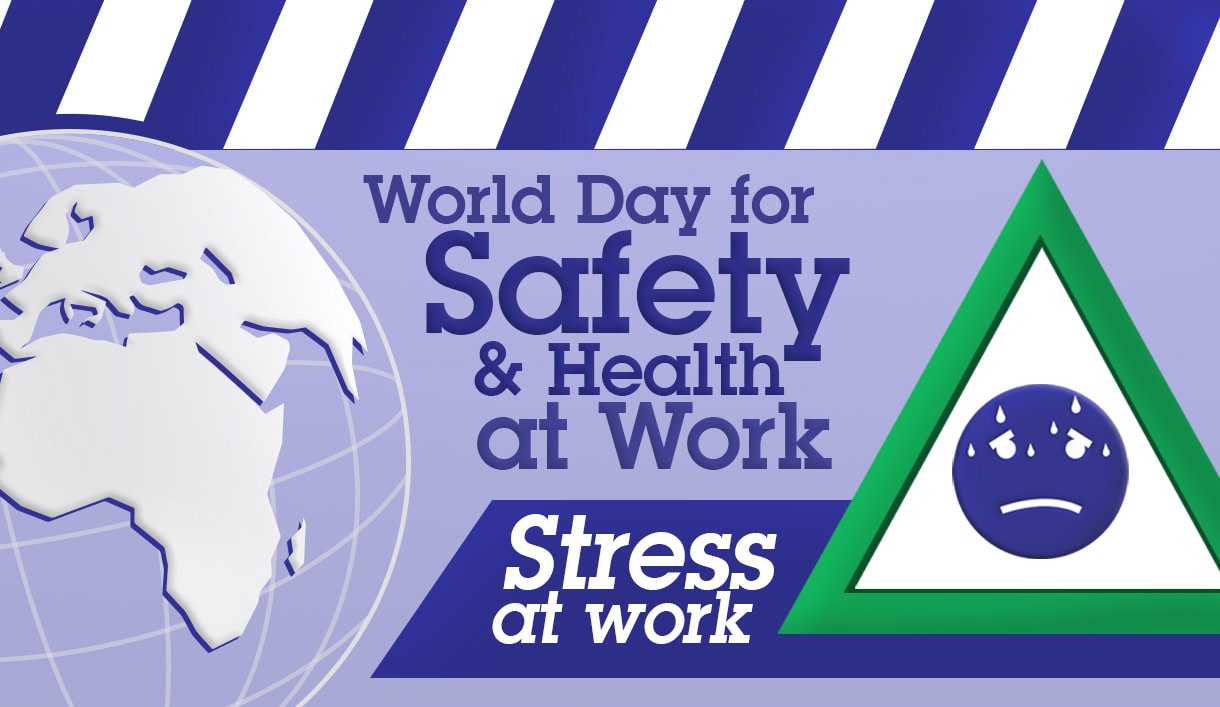
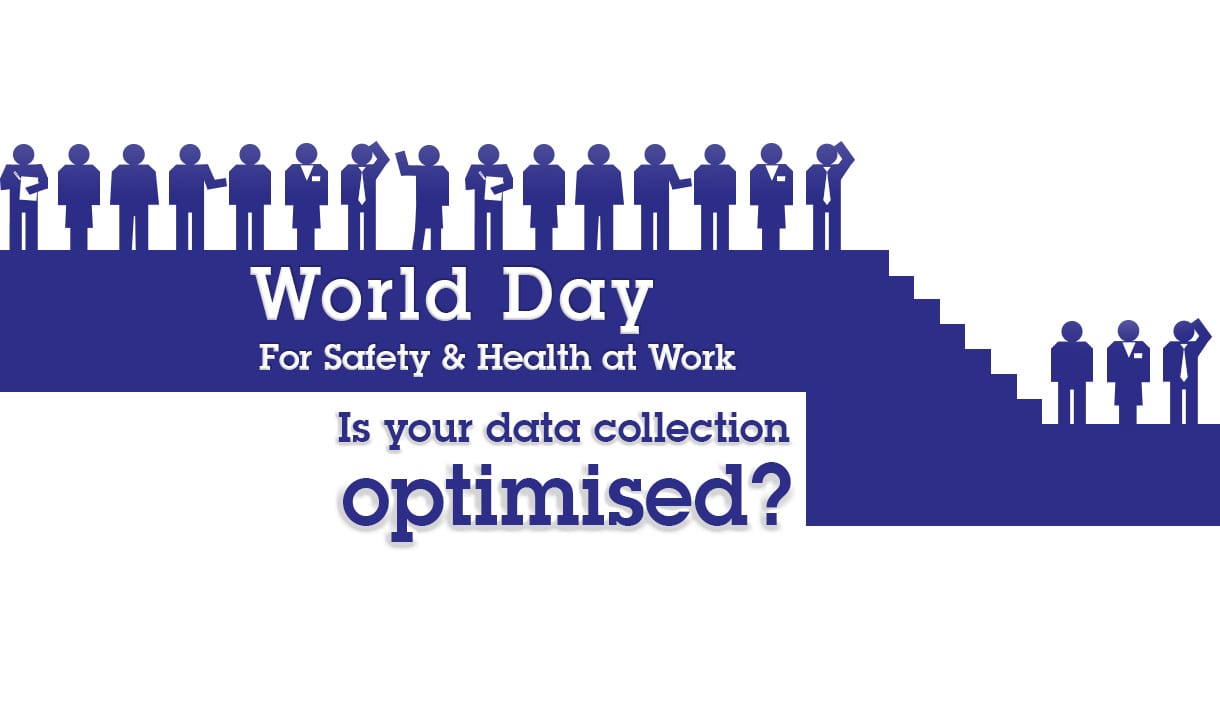
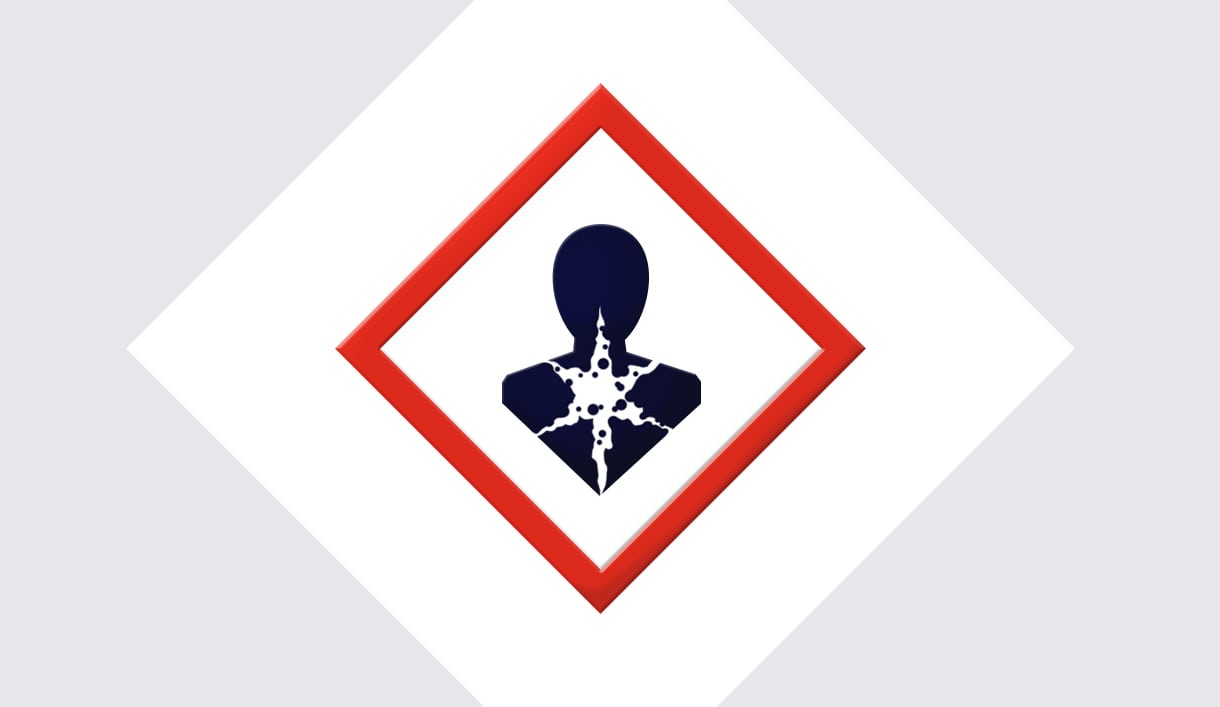
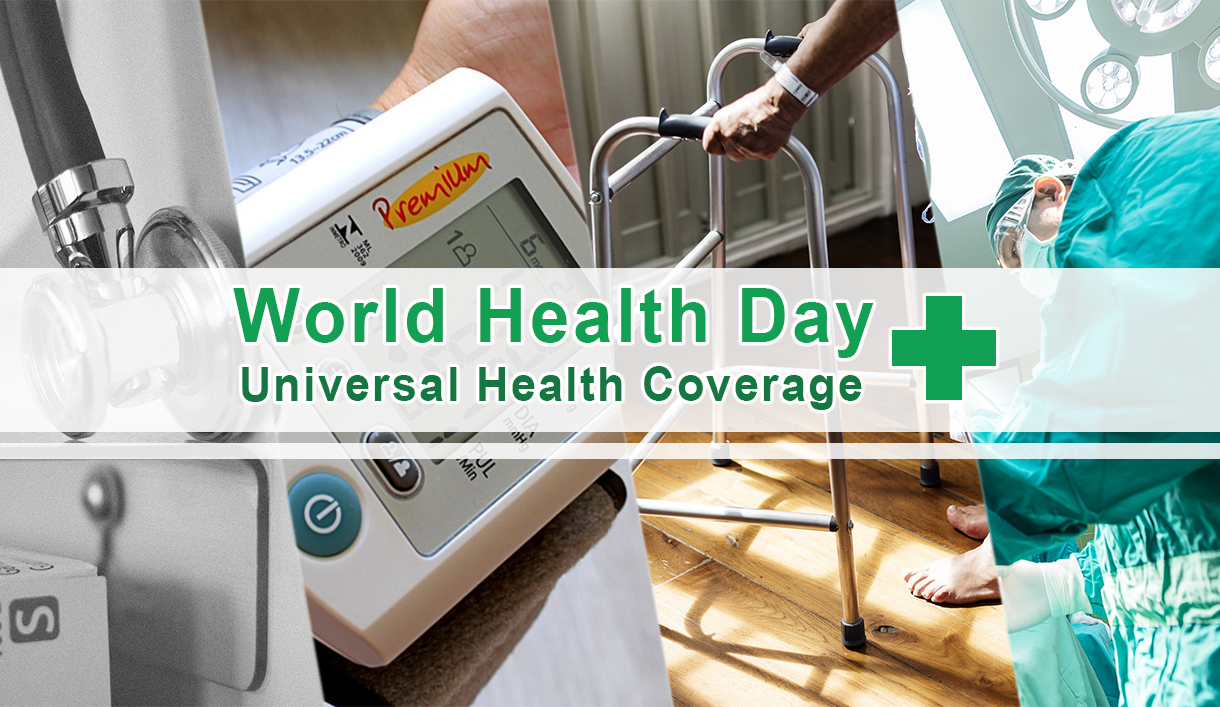
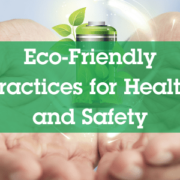
Leave a Reply
Want to join the discussion?Feel free to contribute!